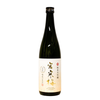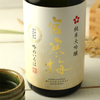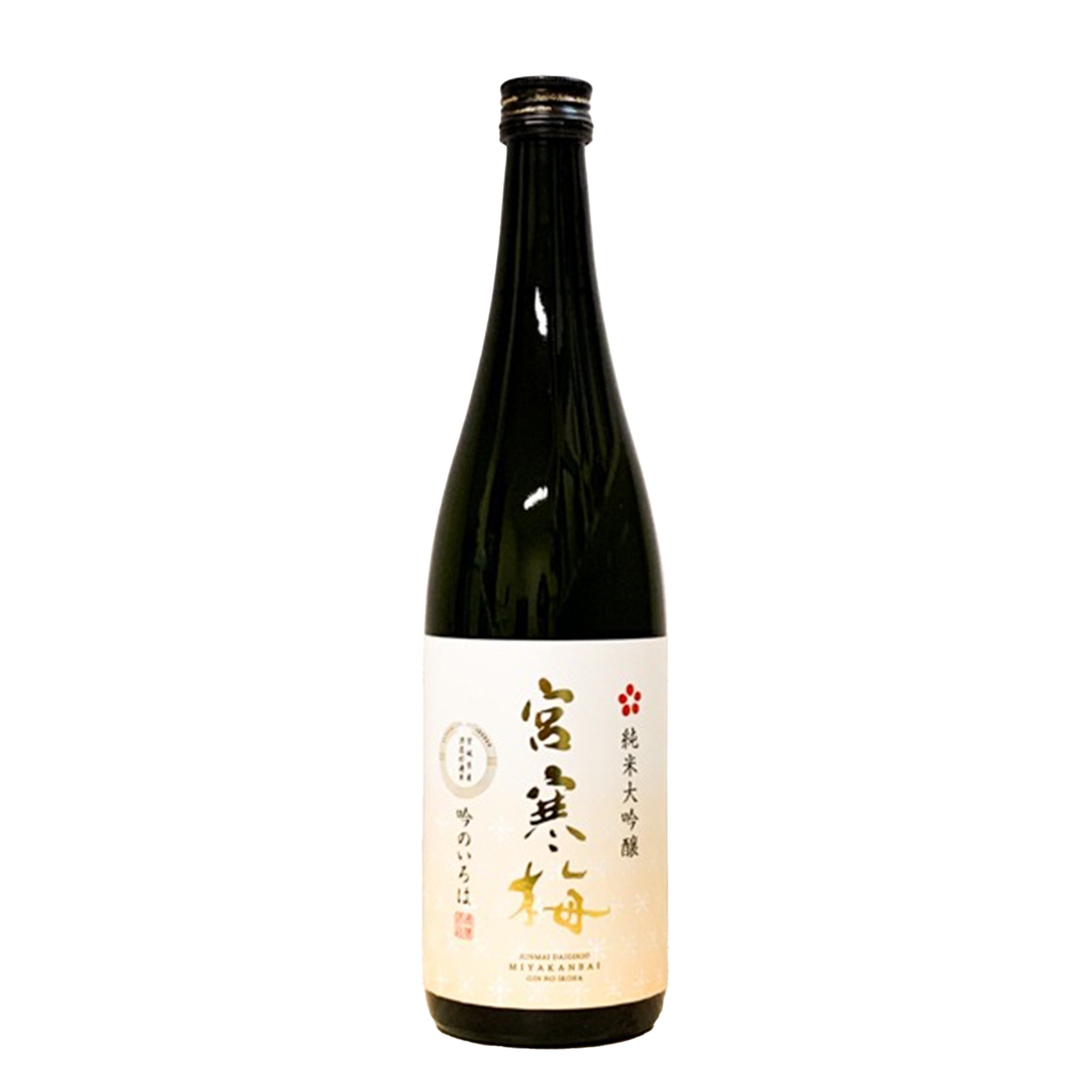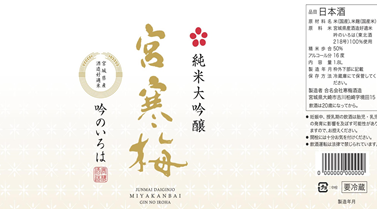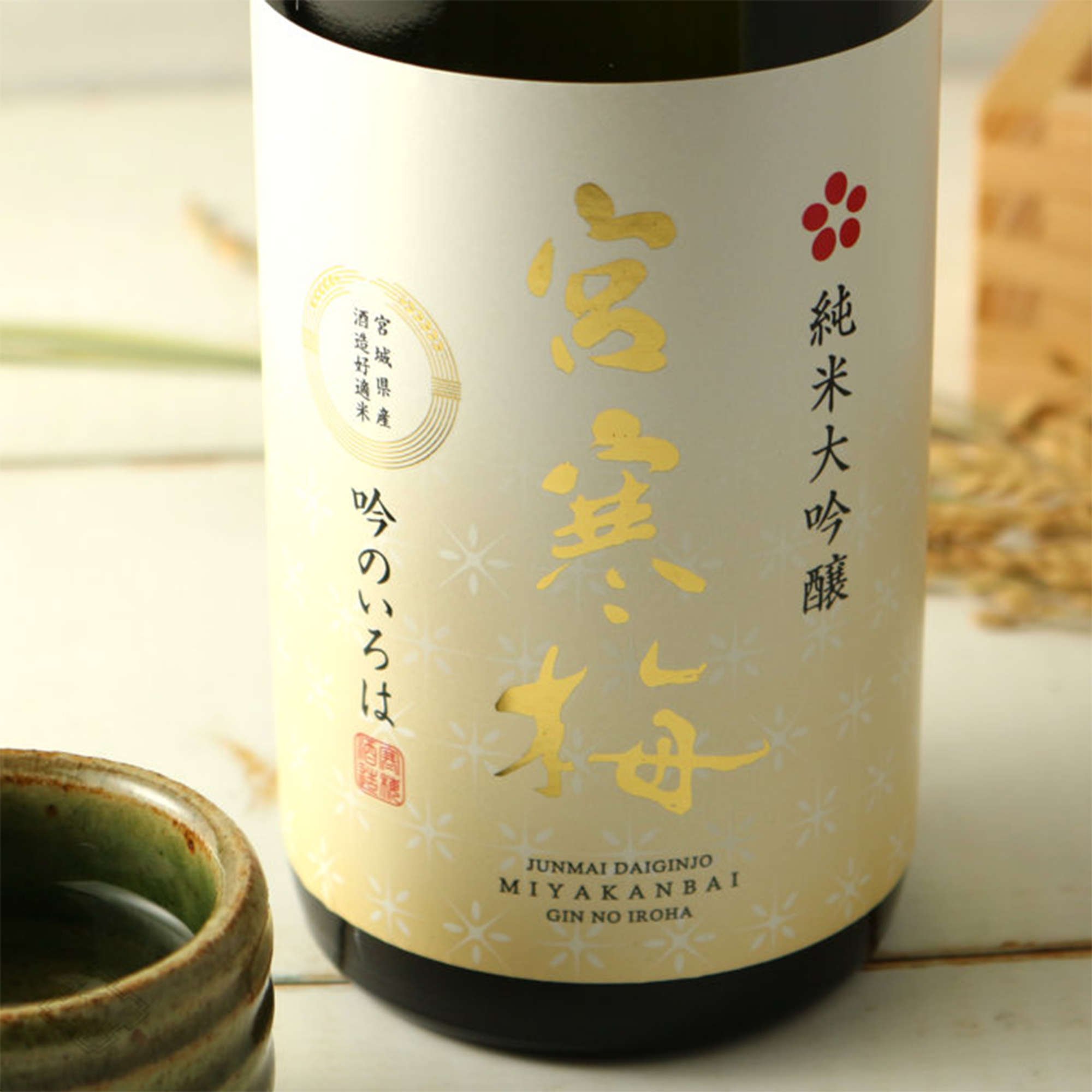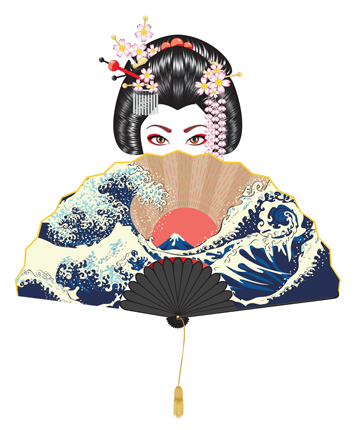Kanbai Shuzo 寒梅酒造
Kanbai Shuzo, the producers of Miyakanbai sake, are the only cultivation brewers in Miyagi prefecture. Cultivation brewers are those extra dedicated individuals who manage all processes of the creation of their sake starting with rice cultivation. Both rice farming and brewing are carried out in the endless countryside landscape of the Osaki Plain.Kanbai Shuzo cultivates four types of sake rice on their land, the Aikoku, Hiyori, Miyamanishiki and Yamadanishiki. 20% of their total sake production is made with their home cultivated sake rice and the remaining 80% is made exclusively with Miyagi grown rice from local farmers.





